IranWire has received two audio files sent from inside the notorious Qarchak Prison in Varamin. Following our jarring interview with recently-released children’s rights activist Atena Daemi last month, more female inmates have spoken out about the inhumane conditions they are enduring in a facility that was once formerly a livestock farm.
In late May Chief Justice of Iran Gholam Hossein Mohseni Ejei paid a visit to this prison to survey the reported issues. What action this led to, if any, is an unknown quantity; earlier this week the prison sewage system overflowed, covering the floors of rooms in all the wards. Two political prisoners being held there, Narges Mohammadi and Alieh Motallebzadeh, simultaneously penned an open letter calling the site as a whole a “torture chamber”.
Inmates’ Right to Health a Distant Memory
The women who contacted IranWire were most urgently concerned about serious shortages of medicine and food, the profusion of illegal drugs, tranquilizers and sedatives, a lack of safe drinking water, and even contaminated air.
Health was a primary concern. Inmates working in the kitchen and in the boiler room have no access to burn medication, they said, while psychotherapists at the prison clinic prescribe both sedatives and tranquilisers with abandon. IV drips are also hard to come by, and lab test results invariably come back late, even for those with cancer.
“The situation in the clinic is a disgrace,” one said. “They inject an inmate on the same bed where earlier they put stitches on an another with self-inflicted injuries, and whose blood has covered the bed.”
Most of them, she says, are malnourished, with the prison charging more than three times the market price for fresh fruit: “They bring fruits in once a month, and 90 percent of fruits aren’t allowed.” In addition, she said, “The prison water is salty, the drinking water is usually muddy, and sometimes there’s no drinking water at all. Those who can afford it buy mineral water at 4,000 tomans [$1] per bottle. Pregnant women and mothers, and the children on the mothers’ ward, don’t get nutritious food to eat or safe water to drink.”
Moreover, she reports, the majority of Qarchak Prison inmates are always hungry: “They hand out 80 people’s food to wards holding more than 120. The food is low-quality as well. There’s no sign of meat unless an inspector from the Prisons Organization is visiting. On the pretext of coronavirus, Soghra Khodadadi, the chief warden, even banned charities from bringing us adequate food.”
She added: “We can’t even walk in the prison yard or use the phone, which is always in the yard, whether it’s hot or cold outside, because there are poisonous spiders in thorn bushes out there. The prison officials are well-aware of this but they do nothing to remove them.”
The same inmate said the head of the prison’s rehabilitation center, a Ms. Amiri, submitted inmates to “outrageous” treatment: “Some of the jailers constantly humiliate inmates, especially on Ward 7, which holds convicts on prostitution and corruption charges.
“Ms. Amiri ignores even the most trivial of requests by inmates, for so long that some inflict injuries on their own faces, necks and hands. Amiri just looks on, smiling. She even incites them to fight each other.”
“Nothing About it Resembles a Prison”
Narges Mohammadi and Alieh Motallebzadeh, two political prisoners, are the latest in a long line of inmates to protest against the treatment of women at Qarchak. Calling it “a torture chamber”, in their recent open letter they wrote of Mohseni Ejei’s visit: “They have all talked about respecting the human rights of the prisoners and Islamic mercy. But unfortunately, not only have conditions not improved, they have actively got worse.”
Motallebzadeh’s husband Sadra Abdollahi, a writer and film and TV director, told IranWire: “Inmates can talk with their families and tell them about the situation in Qarchak Prison. My understanding that Qarchak lacks the necessary infrastructure for a prison because it wasn’t built as a prison.
“It’s in the middle of the desert, and lacks clean air or water. It was first built as a cemetery, then a farm, so naturally, its facilities and infrastructure were not built for prisoners from the most difficult backgrounds in Iran. As a result, the conditions at Qarchak are not fit for human beings. They are keeping human in the same, if modified, stalls. It should be obvious that the sewage system is designed for cows, not for humans. The ventilation system is no good for humans either. Nothing about it resembles a prison. The geography is harsh, the infrastructure such I feel it’s only meant to torture them.”
Both Narges Mohammadi and Alieh Motallebzadeh have received death threats while in Qarchak from a prisoner jailed for murder, who had, they said, “no previous problems or conflicts" with them. Then they received a message: "I will kill you and I will get famous for it.”
“Such threats are made in all prisons,” Abdollahi says, “but when a political detainee is being kept under lock and key and has no contact with others, a clash between them and ordinary convicts is less expected. The incitement for this threat must therefore come from somewhere else. It makes me think there’s a systematic effort [to intimidate them] by other players.”
That death threat was first revealed by Mostafa Nili, lawyer for both Mohammadi and Motallebzadeh, in an interview on May 31. He was then arrested, charged with “spreading lies” and eventually released on bail.
The Never-Ending Horror Stories
In February 2020, Reporters Without Borders (RSF) condemned the conditions in Qarchak Prison and called for an immediate, firm response from the Office of the UN High Commission for Human Rights and the UN special rapporteur on human rights in Iran. It came shortly after Taghi Rahmani, husband of Narges Mohammadi, reported in a tweet that his wife had been hospitalized due to respiratory problems as a result of Qarchak Prison’s unclean air.
In January 2020, civil rights activist Sepideh Gholian compared Qarchak Prison to “the end of the world”. “They have convinced us that those charged with and convicted of ordinary crimes are dangerous, but this is a lie,” she tweeted. “These helpless prisoners do not harm anyone. If there is a lack of security, it affects all inmates. The system has intentionally made the environment insecure.”
Sadra Abdollahi, whose wife now spends her days and nights in this prison, believes that Qarchak is an inhuman place of “hidden torture” and the only solution is to close it down.
visit the accountability section
In this section of Iran Wire, you can contact the officials and launch your campaign for various problems




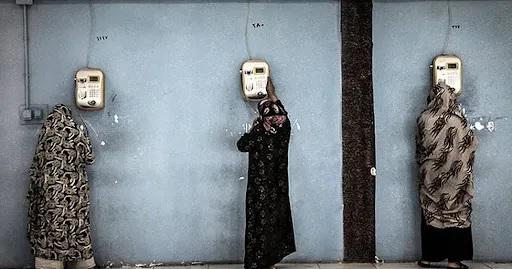
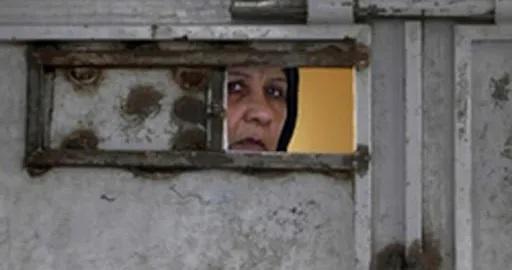



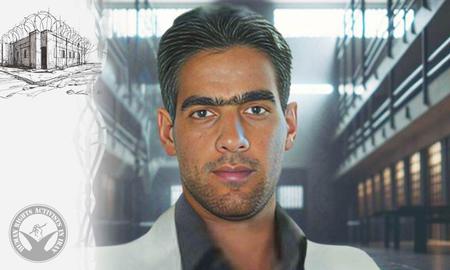


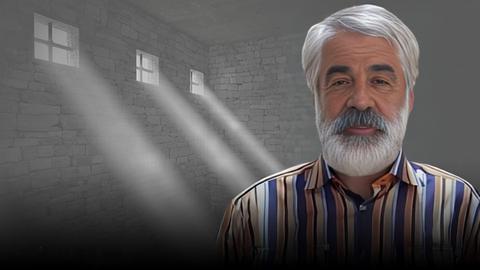

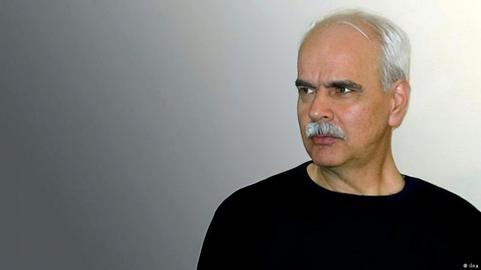
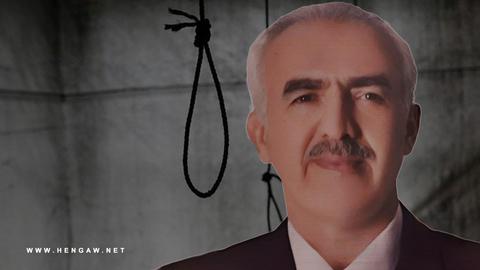
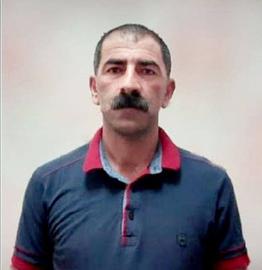



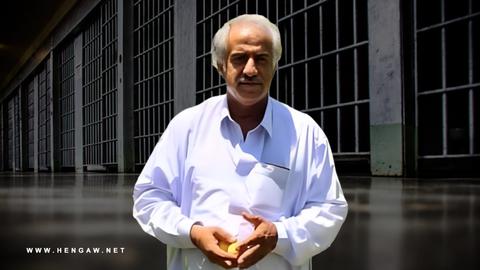


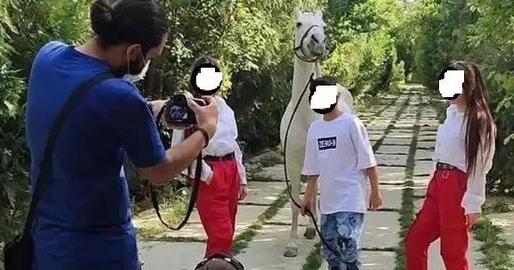
comments